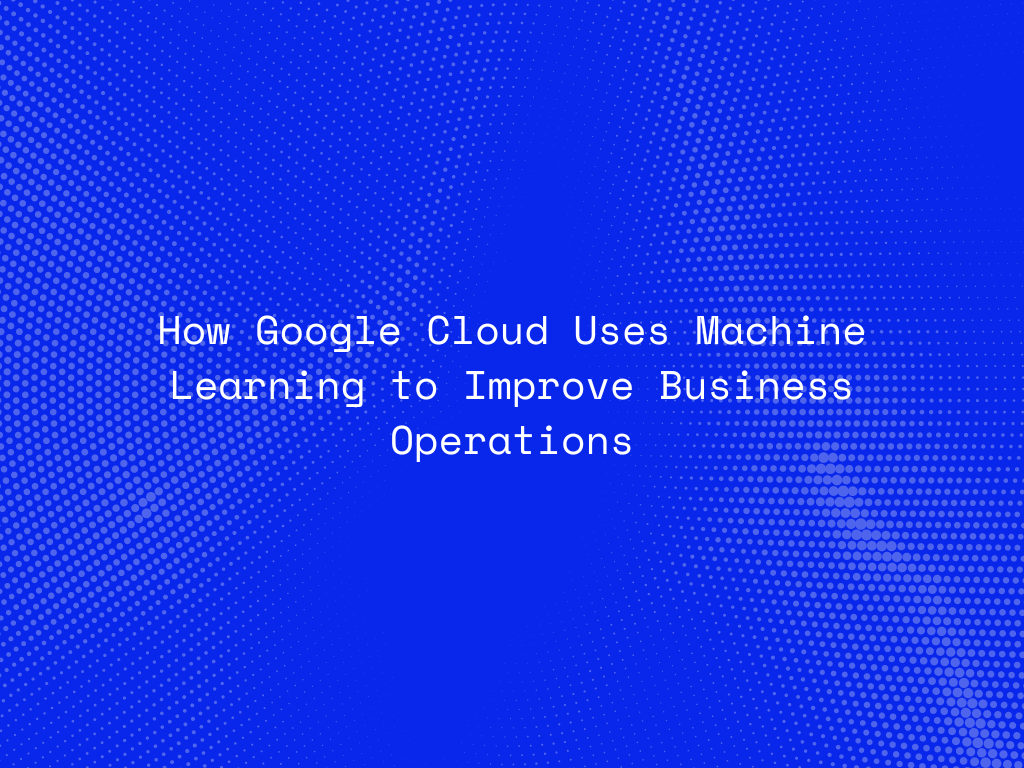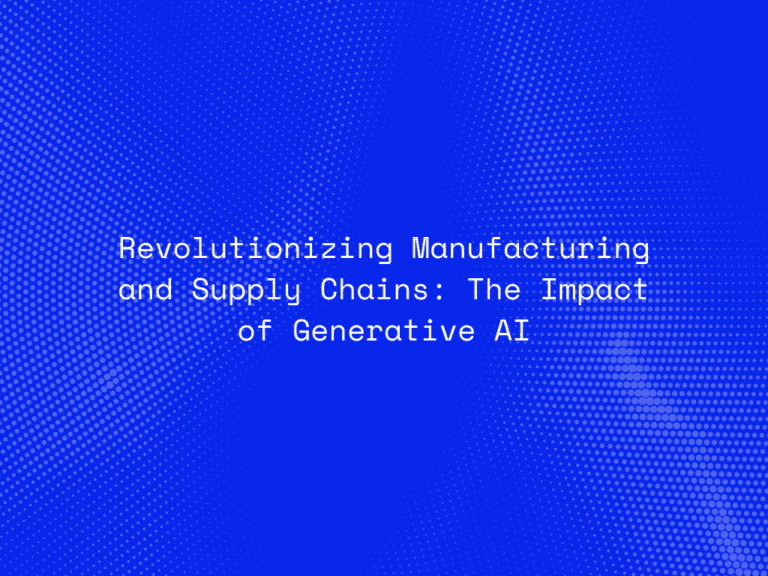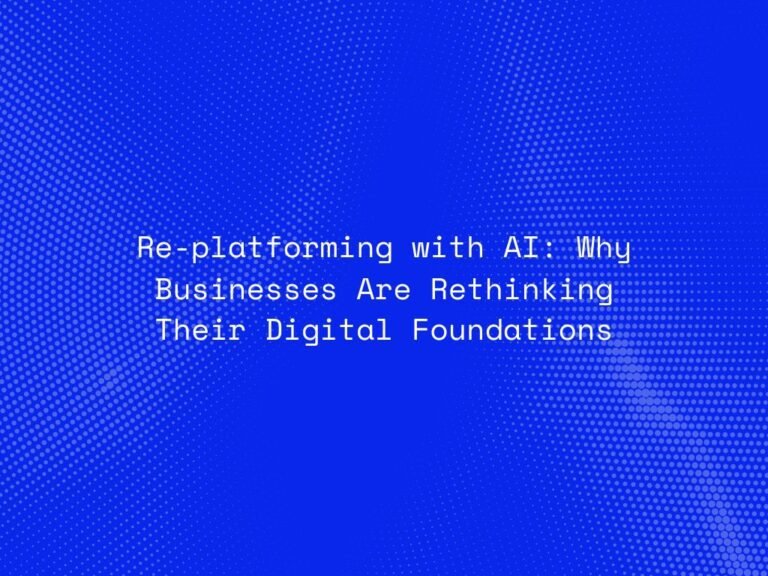Google Cloud has become a vital player in the realm of machine learning (ML), offering businesses innovative solutions to enhance their operations. By leveraging Google Cloud’s advanced machine learning capabilities, organizations can streamline processes, make data-driven decisions, and unlock new opportunities for growth. In this blog post, we will explore how Google Cloud uses machine learning to improve business operations.
Key Google Cloud Machine Learning Services:
-
Google Cloud AI Platform:
- The Google Cloud AI Platform is a comprehensive service that allows businesses to build, deploy, and manage machine learning models. It supports various stages of the ML lifecycle, including data preparation, training, and prediction.
-
BigQuery ML:
- BigQuery ML enables data analysts to create and execute machine learning models directly within BigQuery using SQL. This integration simplifies the process of building ML models on large datasets.
-
AutoML:
- AutoML provides tools that allow developers with limited ML expertise to train high-quality models specific to their business needs. AutoML covers various domains such as vision, language, and structured data.
-
TensorFlow on Google Cloud:
- TensorFlow is an open-source machine learning framework widely used for developing deep learning models. Google Cloud offers robust support for TensorFlow, enabling scalable and efficient model training and deployment.
-
Cloud Vision API:
- The Cloud Vision API allows businesses to derive insights from images using powerful machine learning models. It can perform tasks like image labeling, object detection, and facial recognition.
-
Cloud Natural Language API:
- The Cloud Natural Language API helps businesses understand and interpret text by providing capabilities like sentiment analysis, entity recognition, and syntax analysis.
Enhancing Business Operations with Google Cloud Machine Learning:
-
Data-Driven Decision Making:
- By leveraging BigQuery ML and other ML tools, businesses can analyze vast amounts of data to gain actionable insights. This supports informed decision-making and strategic planning.
-
Automation of Routine Tasks:
- AutoML and Cloud AI services can automate repetitive tasks such as data entry, customer support, and inventory management. This reduces manual workload and increases efficiency.
-
Enhanced Customer Experience:
- Using the Cloud Natural Language API and Cloud Vision API, businesses can provide personalized and responsive customer interactions. These tools help in understanding customer feedback, processing images, and delivering tailored services.
-
Predictive Maintenance:
- In manufacturing and logistics, Google Cloud’s ML models can predict equipment failures and maintenance needs. This minimizes downtime and optimizes operational efficiency.
-
Fraud Detection:
- Financial institutions use TensorFlow and BigQuery ML to detect fraudulent transactions by analyzing patterns and anomalies in large datasets. This enhances security and reduces financial losses.
-
Supply Chain Optimization:
- By analyzing data from various sources, Google Cloud’s ML tools can optimize supply chain operations, ensuring timely deliveries and efficient inventory management.
-
Marketing and Sales Forecasting:
- ML models built on the Google Cloud AI Platform can predict sales trends, customer behavior, and marketing campaign effectiveness, helping businesses allocate resources more effectively.
Conclusion:
Google Cloud’s machine learning capabilities offer businesses powerful tools to enhance their operations, drive efficiency, and gain competitive advantage. By leveraging services like Google Cloud AI Platform, BigQuery ML, and AutoML, organizations can harness the power of machine learning to transform their operations, improve customer experiences, and achieve strategic goals.




